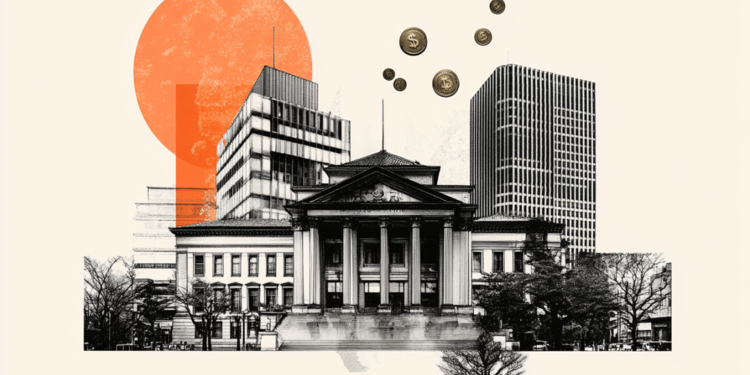The special adviser for international affairs of the presidency and former Foreign Minister Celso Amorim left Paris this Monday (9), making a stopover in Poland, to leave for Ukraine for a meeting with Ukrainian President Volodymyr Zelensky in Kiev, this Wednesday. (10). The main objective of the conversation will be to talk about the “peace club” proposed by the Lula government to end the war between Russia and Ukraine.
According to Amorim’s interlocutors, the club’s idea is to bring together countries that are not directly involved in the conflict, but that are great powers and have views considered relevant in discussions at a global level.
The objective would be to start a dialogue, without starting from an already structured plan. The government wants to avoid, initially, touching on points that Ukraine and Russia do not give up in order not to make the conversation unfeasible right away. It would not be a plan with a beginning, middle and end, which already presents exits. In the view of the former chancellor, from the moment everyone sits down at the table, solutions can appear.
But the mission will not be simple. The return of Russian-occupied territories, one of the main sticking points between Moscow and Kiev in peace talks, should not be called into question. Zelensky rejects peace talks that do not involve the withdrawal of Russian troops from occupied territories in Ukraine.
In the 12-point peace plan proposed by China, for example, Beijing defended the territorial integrity of Ukraine, but did not spell out what would happen to the territories taken by the Russians. At the time, Zelensky recognized the Chinese initiative, but made it clear that he will not give up the withdrawal from the occupied territories.
Travel takes place after criticism of proximity to Russia
Amorim is going to visit Ukraine after the Brazilian government was criticized for speeches and meetings seen as signs of rapprochement with the Russians. First, Amorim visited Russia on March 29, where he met with Putin, on a trip that was not previously disclosed to the press. Then came Lula’s speeches on April 16, on a trip to the United Arab Emirates, when the president said that neither Russia nor Ukraine want peace and that Europe and the United States are contributing to the continuation of the war. Finally, Lula received the Russian chancellor in Brasília on April 17th.
After the episodes, the Lula government confirmed that Amorim would go to Ukraine to talk about his peace plan. Confirmation took place during Lula’s trip to Portugal and Spain, when the president moderated his speech on the war before European leaders.
Brazil as a peace mediator
Even though there is skepticism, even within the government, about Lula’s ability to end the conflict, sources from the Planalto say that the government’s strategy is to gain relevance on the global stage by placing itself as a peace mediator – and this would already be happening , since Brazil started to be included in the international discussions about the war.
Vicente Ferraro, political scientist and policy researcher from Russia and Ukraine, says that the visit to Ukraine is essential for Brazil to eventually position itself as a mediator in the conflict. “Brazil must abstain from speeches, aligned with the Kremlin, that this is a war only between Russia and the West, ignoring the role and positioning of Ukraine”, he says.
For the negotiations to have any possibility of success, continues the professor, Brazil should not make its content public. He also believes that a plausible negotiation could include the return of some territories by Russia and the recognition of others by Ukraine, but he believes that no negotiation will be completely fair for Ukraine.
“Ukraine is in a struggle to reach the least unfair negotiation possible. There is a perception that the country still has the strength to recover territories, with foreign weapons, increasing the room for maneuvers for negotiations. But if Russia gains more territory, Ukraine will be forced to accept more unfair deals. What is at stake is a normative-moral question of how and when to achieve the slightest injustice,” says Ferraro.
Source: CNN Brasil
Bruce Belcher is a seasoned author with over 5 years of experience in world news. He writes for online news websites and provides in-depth analysis on the world stock market. Bruce is known for his insightful perspectives and commitment to keeping the public informed.







